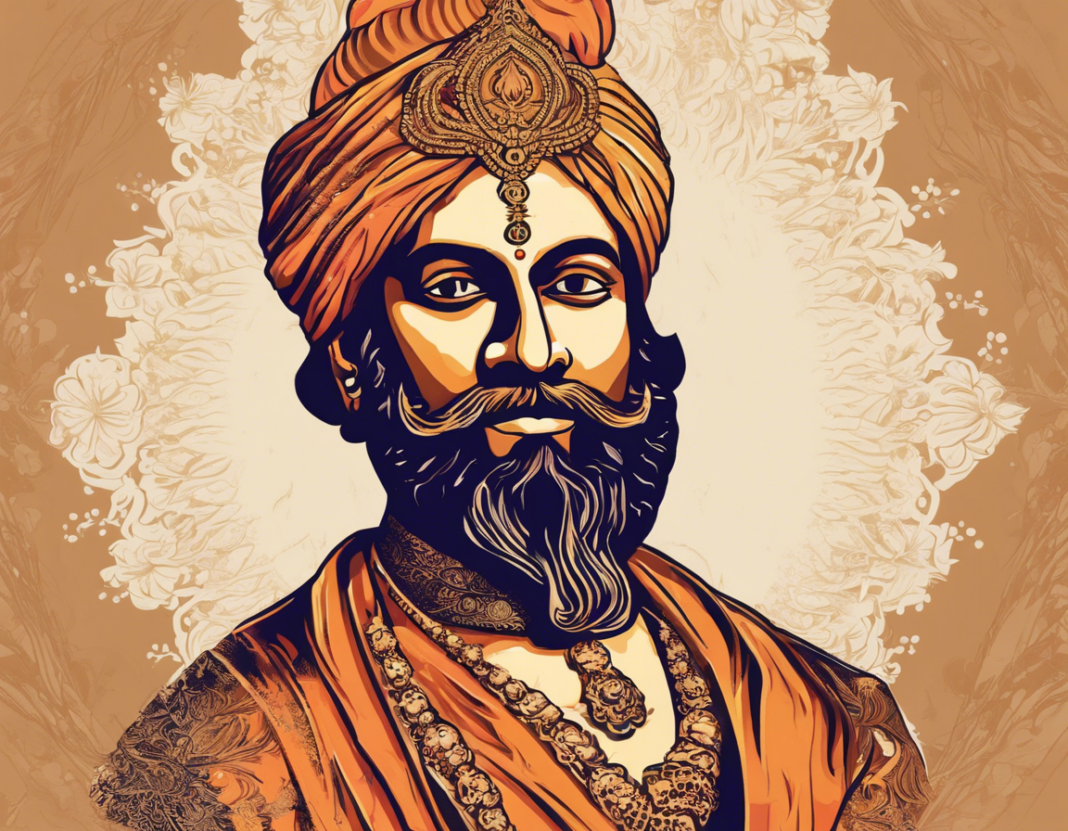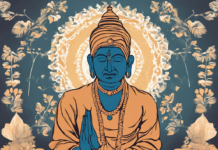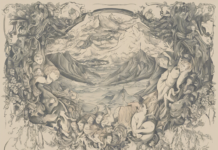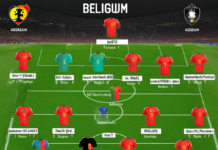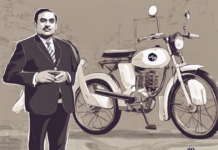Shivaji Bhonsle, also known as Chhatrapati Shivaji Maharaj, was a legendary Indian warrior king who founded the Maratha Empire in the 17th century. His coronation on June 6, 1674, marked a significant event in Indian history, symbolizing a pivotal moment of self-rule and independence from foreign powers. Let’s delve into the coronation of Shivaji Maharaj and explore its historical significance in detail.
Background of Shivaji Maharaj
Born in 1630 in the hill fort of Shivneri, Shivaji Maharaj belonged to the Bhonsle clan of the Maratha people. He inherited the Jagir of Pune from his father, Shahaji Bhonsle, and embarked on a mission to establish a sovereign Maratha state amidst the declining Mughal Empire and the rising regional Muslim powers.
Rise to Power
Shivaji Maharaj displayed remarkable military acumen from a young age and organized a competent army known for its guerrilla warfare tactics. He effectively utilized his knowledge of the mountainous terrain of the Western Ghats to wage successful campaigns against the Adil Shahi Sultanate and the Mughal Empire.
Establishment of Swarajya
Shivaji Maharaj’s vision extended beyond mere territorial conquests; he aspired to establish “Hindavi Swarajya” or self-rule for the native people of India. His administration emphasized local self-governance, religious tolerance, and the protection of women and children during wartime.
Coronation Ceremony
The coronation of Shivaji Maharaj took place at Raigad Fort, which became the capital of the Maratha Empire. The ceremony was conducted with Hindu Vedic rites and rituals, supervised by Gaga Bhatt, a learned Brahmin priest. Shivaji Maharaj was crowned with the title of Chhatrapati, which means “paramount sovereign” in Sanskrit.
Significance of the Coronation
Consolidation of Power
The coronation of Shivaji Maharaj solidified his authority and legitimacy as the ruler of the Maratha Kingdom. It boosted the morale of his subjects and earned him respect among contemporary rulers.
Assertion of Sovereignty
By proclaiming himself as Chhatrapati, Shivaji Maharaj asserted his sovereignty and independence from the Mughal Empire, which had suzerainty over vast parts of India at that time.
Cultural Revival
Shivaji Maharaj’s reign witnessed a revival of Maratha culture, art, and literature. He patronized scholars, poets, and artists, contributing to the enrichment of Marathi language and culture.
Legacy of Shivaji Maharaj
The coronation of Shivaji Maharaj laid the foundation for the Maratha Empire’s expansion under his successors and influenced future Indian leaders in their struggles against colonial powers.
FAQ
-
Why was Shivaji Maharaj’s coronation significant?
Shivaji Maharaj’s coronation symbolized the assertion of indigenous power and sovereignty in an era dominated by foreign empires. -
What role did Shivaji Maharaj play in Indian history?
Shivaji Maharaj is revered as a national hero who fought against injustice, defended his people, and pioneered the concept of self-rule. -
How did Shivaji Maharaj’s administration differ from other rulers of his time?
Shivaji Maharaj emphasized good governance, religious tolerance, and the welfare of his subjects, setting him apart from many contemporaneous rulers. -
What impact did Shivaji Maharaj have on Maratha culture?
Shivaji Maharaj’s patronage of art, literature, and architecture led to a flourishing of Maratha culture and heritage during his reign. -
How did Shivaji Maharaj inspire future generations of Indians?
Shivaji Maharaj’s legacy of courage, valor, and leadership inspired subsequent freedom fighters and nationalist movements in India against British colonial rule.
In conclusion, the coronation of Shivaji Maharaj stands as a testament to his visionary leadership, military prowess, and commitment to establishing a just and prosperous realm for his people. His enduring legacy continues to inspire millions of Indians as a symbol of indigenous resistance against foreign domination and the pursuit of self-determination.

